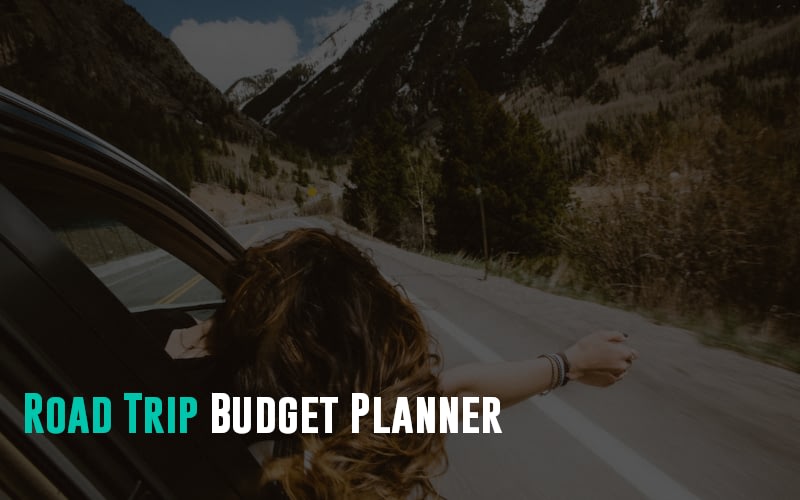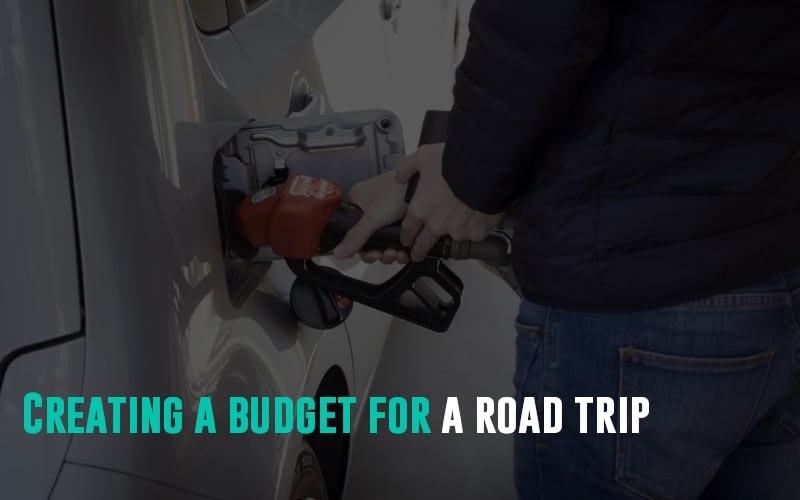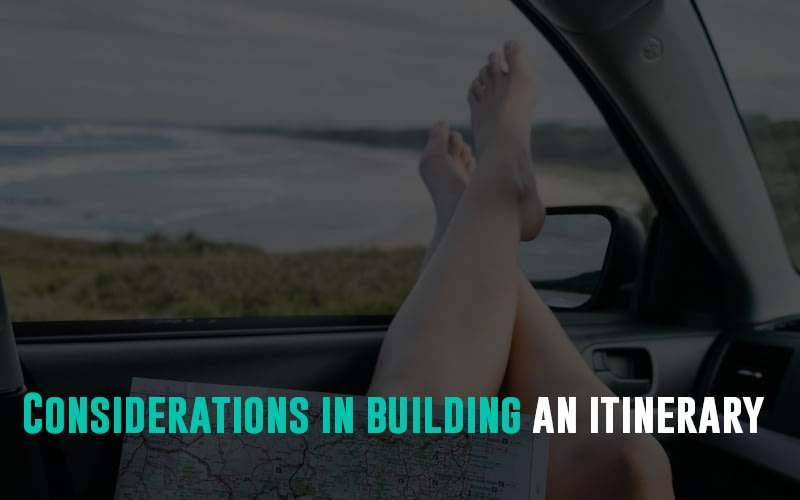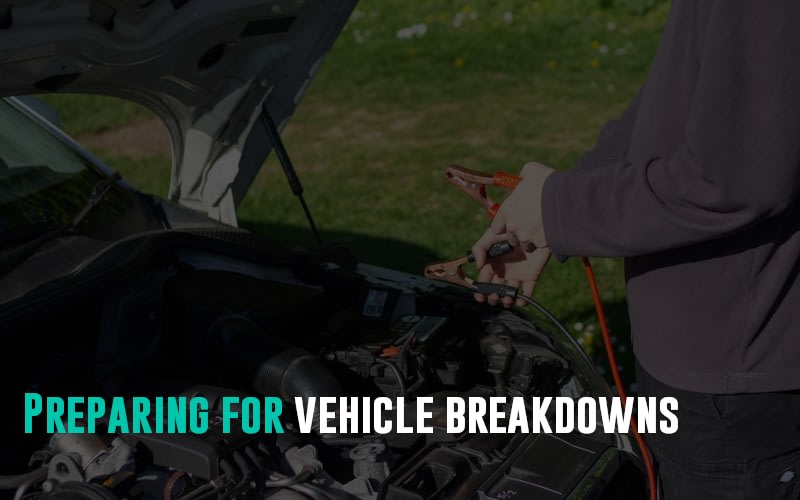Road trips are a classic traveling tradition, and for good reason. The wind in your hair, the open road stretching before you, and the freedom to go wherever your heart desires- all give that unique appeal to road trips. But before they hit the road, budget planning is the main thing that eats up most travelers. Worry not! We know even the best adventures need a budget. So, in this comprehensive guide, we will look into how to be a perfect road trip budget planner.
Featured Image Source
Benefits of road trips
A road trip is a great way to make lasting memories, and just like other vacation types, it has pros and cons.
Pros
- You can choose your route, stops, and sightseeing schedule.
- They are a relatively affordable way to travel, especially if you’re camping or staying in budget-friendly accommodations.
- Road trips offer a chance to explore hidden gems along the way.
- They can be a great way to bond with family and friends.
Cons
- Road trips can be tiring and time-consuming, especially if you’re driving long distances.
- Unforeseen circumstances like weather and traffic can easily disrupt your plans.
- If you’re traveling in a small car or RV, issues like wear and tear and unavailability of packing space can come up.
The amount you can save on a road trip depends on several factors, including the length of your trip, the type of accommodations you choose, and your spending habits. However, in general, road trips can be a more affordable way to travel than flying or taking a train.
Creating a budget for a road trip
When you are a road trip budget planner, the first step is to estimate your costs. There are several things you should consider when drawing up a budget plan.
Fuel
You can use online fuel calculators to estimate the costs of your trip. You should also consider factors like the type of vehicle you’re driving, the distance you’re traveling, and the current fuel prices.
Food
If you plan to cook your meals, you can save money by buying food at grocery stores. If you’re eating out, be sure to budget for the cost of meals at restaurants. You can try eating at wayside stalls or cheaper hotels to save costs and pack your snacks and drinks as a road trip food planner.
Lodging
There are a variety of budget-friendly lodging options available, such as camping, hostels, and motels. If you’re staying in hotels, look for discounts and promotions.
Activities
You should have an estimate of the cost of any activities you plan to do, such as visiting museums, amusement parks, and national parks. If you are traveling as a group, you may also get group ticket discounts. You can also take advantage of free activities, such as hiking, swimming, and visiting parks.
Parking
This can be a considerable expense, especially in locations with high parking charges. You can also try booking accommodation with affordable parking.
Tips to calculate fuel costs
To calculate fuel costs as a road trip budget planner, you’ll need to know specific details:
- The fuel economy of your car
- The distance you’re traveling
- The current gas prices
You can use an online fuel calculator to estimate the cost of gas for your trip.
Unforeseen costs
It is essential to budget for unforeseen expenses, even when you are a college road trip planner. These can include car repairs, medical emergencies, and lost luggage. Also, make sure to pack a roadside emergency kit and have a plan in case of unexpected events. If you create a dog-friendly road trip planner, you will also want to factor in your pet’s emergencies.
How to plan a road trip on a budget
After calculating a broad estimate for the trip, you can begin planning the route. For this, Google Maps can be a good tool. You can even calculate your estimated gas and toll expenses using Maps. If your main focus is to reduce expenses as much as possible and you are willing to be flexible on the destinations, try taking less direct routes. Try looking for the most affordable gas in your neighborhood and avoid costly detours.
Considerations with a family
If you are taking a family road trip, there are some additional things to consider:
- Try to choose family and kid-friendly destinations and attractions. This will ensure everyone in the group gets to enjoy the vacation.
- You should plan frequent stops for restroom breaks and stretching. This is especially important if you have young or old people traveling with you.
- Always pack snacks and entertainment to keep everyone happy during long drives.
Checklist before you start your road trip
There are several things that you should check and double-check before starting a road trip. Some important things to include in the checklist of your road trip budget planner are:
- Check the lights, features, oil, coolant, water, tires, brake fluid, washer, windscreen wipers, spark plugs, and air filters of your vehicle.
- Check if you have the spare tire and changing tools
- Check the weather forecasts, road conditions, and closures
- Check for low-cost fueling stations and that you can fit them into the route
How much to drive a day?
The number of miles you drive each day depends on you and what you feel comfortable with. Some people like to take it easy and enjoy a leisurely road trip, while others want to make the most of their time and cover as much ground as possible. Either way, we recommend breaking up the drive so you don’t exceed 6 hours of driving in a day and 8 hours at most if you are looking for a fast pace. Take a rest break every 2 hours of driving at least. If you are making a child-friendly or pet-friendly road trip planner, remember to think about potty stops and how long they can travel without tiring.
Considerations in building a road trip itinerary
When building the itinerary in the road trip budget planner, it is crucial to choose the right place to stay. Campsites are an affordable and adventurous option, but amenities can vary in different sites. If you have an RV, camping can be more comfortable, but RVs are also costly.
Hotels are more comfortable as they come with added conveniences, but they can be a bit pricier. You should also book your hotel in advance, especially if traveling during peak season. If you don’t want to choose something as pricey as hotels but don’t want to go camping, try motels. They are budget-friendly and have basic amenities for a no-frills stay.
What do you need to do before going on a road trip?
There are certain essential things you should do before you start your road trip.
- Always keep the important and necessary travel documents, especially your passport, if you plan to cross international borders.
- Perform a comprehensive maintenance check on your vehicle and pack an emergency kit with tools, jumper cables, first aid supplies, and a flashlight.
- You should pack digital and physical maps, as GPS signals can be unreliable in remote areas.
- You should also share your itinerary and contact information with a trusted person who can assist in emergencies before starting the road trip.
Preparing for vehicle breakdowns
Vehicle breakdowns are bad, yes, but inevitable, especially when you are driving for long distances. So, it is crucial to be prepared for them on a road trip. Take a roadside emergency kit with jumper cables, a flashlight, blankets, and basic tools. It is wise to have a roadside assistance plan in case you need help. You should also keep a list of emergency contacts and local towing services.
Conclusion
A budget road trip is one of the best ways to explore new destinations without breaking the bank. You can plan an incredible road adventure with the help of an itinerary planner like Travel-Wise.





